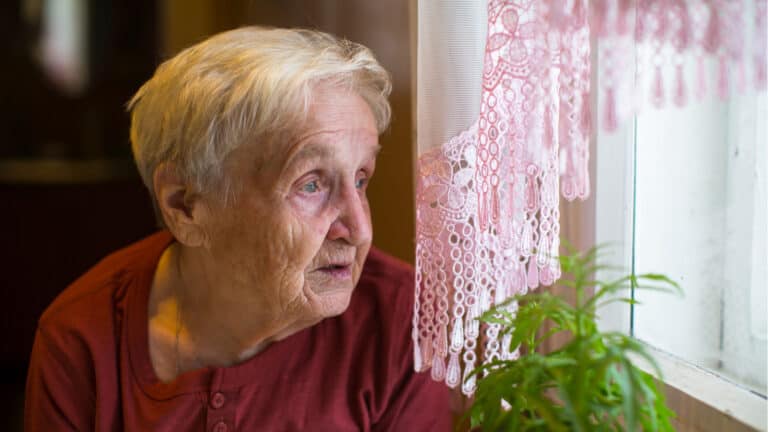Understanding How IBS Affects Women Differently Than Men
In this comprehensive article, we take a closer look at the topic of gender differences in Irritable Bowel Syndrome (IBS). Experts in gut health and dietetics emphasize the importance of understanding how IBS affects women differently from men. Our goal is to provide you with detailed insights into the prevalence of IBS in women, the unique symptoms they experience, and the factors that may contribute to these differences.
Increased Prevalence of IBS in Women

Irritable Bowel Syndrome, commonly known as IBS, is a prevalent gastrointestinal condition affecting a substantial portion of the population in the United States and globally. However, it’s noteworthy that IBS has a more significant impact on women. Studies reveal that IBS affects 14-24% of women in the US compared to 5-19% of men. Some studies even suggest a staggering 3:1 ratio of women to men suffering from IBS.
Yes, There Are Different IBS-Subtypes

Furthermore, the type of IBS also varies between genders. Women are more frequently diagnosed with post-infectious IBS (PI-IBS) and constipation-predominant IBS (IBS-C), whereas men tend to receive diagnoses of diarrhea-predominant IBS (IBS-D).
In essence, the majority of functional gastrointestinal disorders (FGID), including IBS, exhibit a higher prevalence in females. Additionally, women often experience multiple FGIDs simultaneously, making their condition even more complex.
IBS Symptoms & Co-Occurring Conditions

The impact of IBS on women is most pronounced during their menstruating years, typically from adolescence to their mid-forties. Alongside IBS, women often contend with various gynecological disorders such as endometriosis, dysmenorrhea, pelvic floor myalgia, chronic cyclic pelvic pain, or polycystic ovary syndrome.
The Hysterectomy & IBS Connection
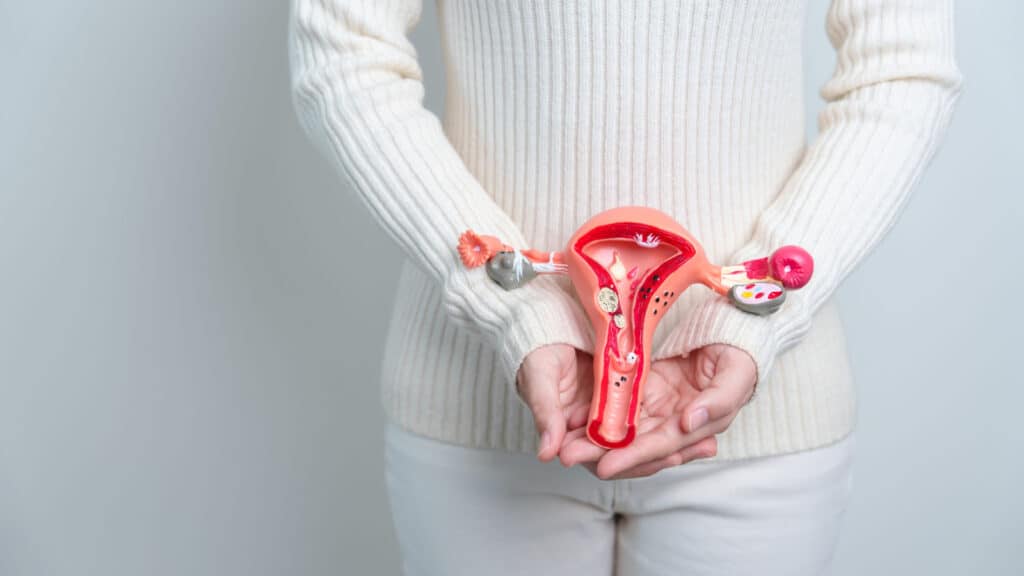
Remarkably, research has shown that half of women visiting a gynecologist for lower abdominal pain also have IBS. Moreover, women with IBS are three times more likely to undergo hysterectomy compared to those without IBS. These co-occurring conditions create a unique set of symptoms experienced by women, including intense abdominal pain, excessive bloating, and loose stools during menstruation.
Rates of Digestion Differ Due to Gender
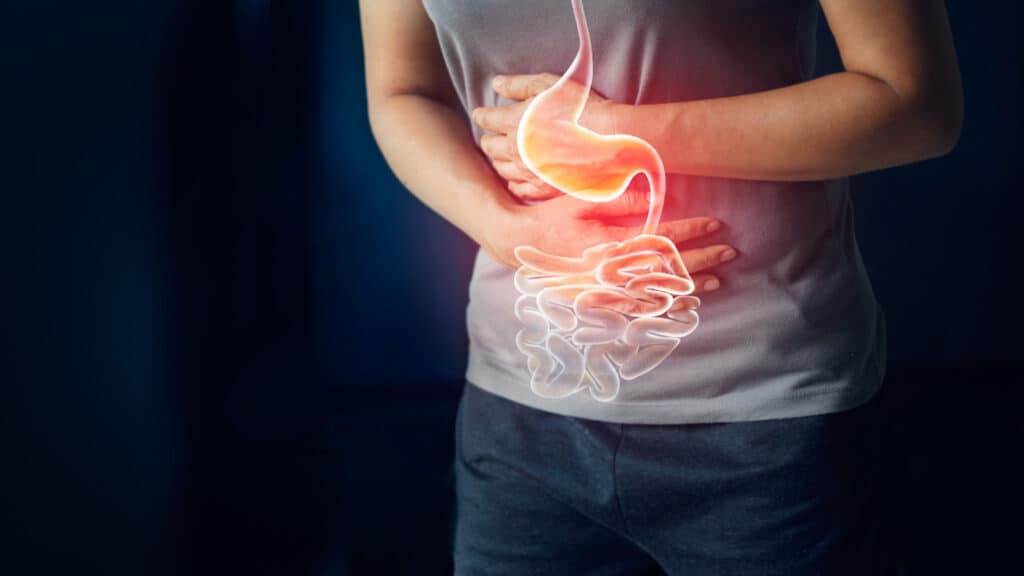
Women also exhibit slower gastric emptying rates for both solids and liquids. They are twice as likely as men to report generalized bloating or abdominal distention and often suffer from chronic pain disorders like fibromyalgia, chronic fatigue syndrome, and migraine headaches.
Quality of Life Issues
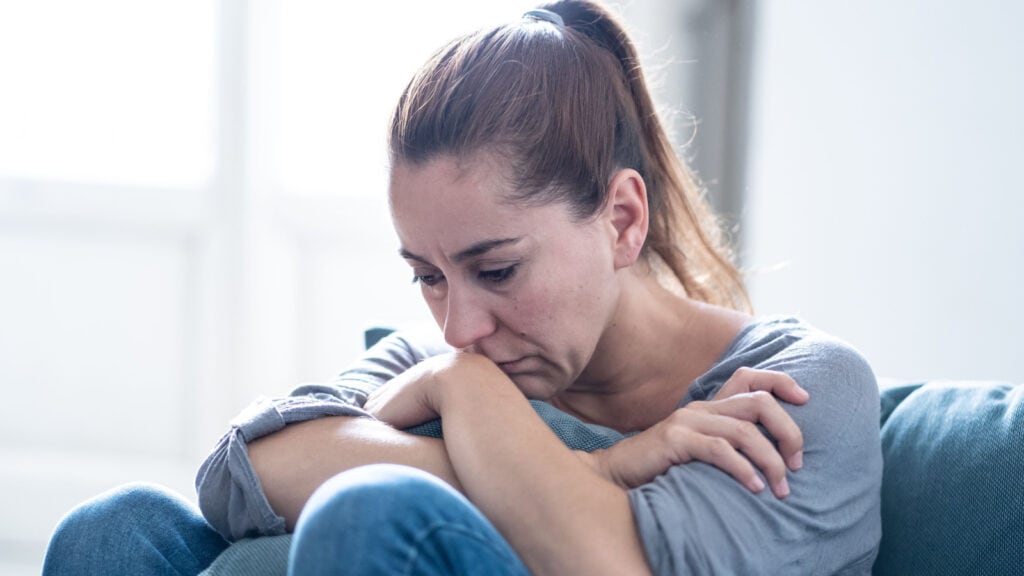
Additionally, women tend to experience more fatigue, depression, anxiety, and lower overall quality of lifecompared to male IBS patients. It is vital to recognize these issues as they often go unnoticed by healthcare professionals and those close to female IBS sufferers.
Why Do Gender Differences in IBS Symptoms & Prevalence Occur?

While it is evident that gender differences exist in the development and manifestation of IBS, the underlying mechanisms remain somewhat unclear. Hormonal shifts are undoubtedly a key player, but whether they act as primary or secondary mediators of symptoms, and the involvement of other mechanisms, is still a subject of research.
Hormonal Shifts
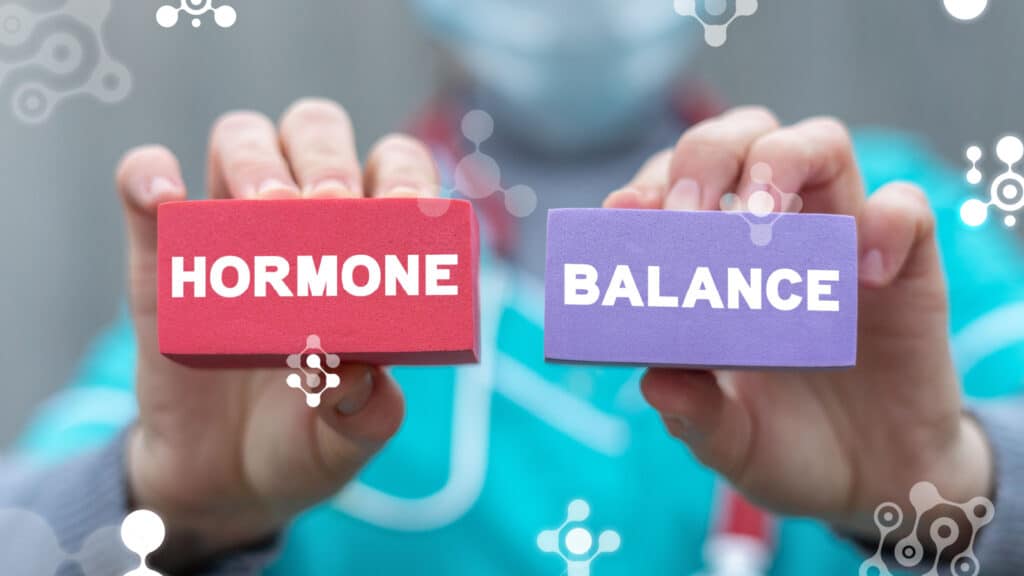
The menstrual cycle exacerbates IBS symptoms in most women, while pregnancy often leads to symptom improvement, indicating a connection between hormonal fluctuations and gut sensitivity or symptoms. Estrogen and progesterone affect gastrointestinal motility and colonic permeability, but oral supplements of these hormones do not appear to influence IBS symptom levels. Irregular menses, hysterectomy, or tubal ligation also show no significant impact on IBS symptoms. Thus, hormonal shifts alone cannot fully explain gender differences in IBS.
Brain Function

Differences in brain activation patterns between genders, dysregulation of the hypothalamic–pituitary–adrenal axis, immune dysfunction, visceral hypersensitivity, stress responses, alterations in the gut microbiome, autonomic nervous system dysregulation, and genetic susceptibility are all potential contributors to gender differences in IBS. For instance, women may exhibit different responses to pain and central nervous system activation, which may account for slower intestinal motility in response to brain signals.
Response to Pain

Studies have shown that the nerves controlling intestinal motility are less excitable in women, receiving more inhibitory signals from the brain. This phenomenon might explain why gut symptoms are more prevalent in women than in men.
Stress Response

Stress and societal factors can also exacerbate IBS symptoms in women. Stress has a more significant impact on upper gastrointestinal motility and lower gastrointestinal motility in females compared to males. Men generally have shorter colonic transit times than women, which can lead to increased discomfort, bloating, or constipation in women.
Societal Factors and Pressure

Gender and societal factors can contribute to increased stress and worsen women’s IBS symptoms, given the strong connection between the brain and gut. Women often experience embarrassment or shame when discussing or experiencing IBS symptoms, adding to their stress. Balancing work responsibilities with caretaking roles at home, societal standards related to appearance and thinness, and the potential embarrassment associated with certain IBS symptoms like gas and bloating can all magnify the challenges faced by women with IBS.
Should Women Be Treated Differently for IBS Than Men?

The research clearly illustrates that women experience IBS differently from men. However, the translation of these gender differences into effective treatment strategies remains a topic of ongoing investigation. Some pharmacological treatments, such as Alosetron for IBS-D, have shown greater efficacy in women.
Gut-Directed Hypnotherapy is Clinically Proven

Nevertheless, there is a scarcity of studies evaluating the gender-specific effectiveness of pharmacological treatments for IBS. Behavioral therapies, including cognitive behavioral therapy, hypnotherapy, and meditation, may have more positive impacts on women, especially gut-directed hypnotherapy. However, further research, specifically focusing on women, is essential to better understand and address their unique needs.
The Takeaway

In summary, women often experience distinct IBS symptoms compared to men. These differences, coupled with unique gender and societal roles, present women with greater challenges in managing IBS over the long term. Additional research is necessary to guide treatment strategies tailored to the specific needs of women. In the meantime, women should be aware that they are not alone in their struggles with IBS. Numerous tools and resources are available, including the low FODMAP diet, dietary strategies, gentle exercise, medications, supplements, and meditation. Collaborating with a healthcare team to develop a personalized treatment strategy is crucial.
Original version of this article written by Diana Reid MPH, RD for FODMAP Everyday®.
Looking For More Great Information On Gut Health?
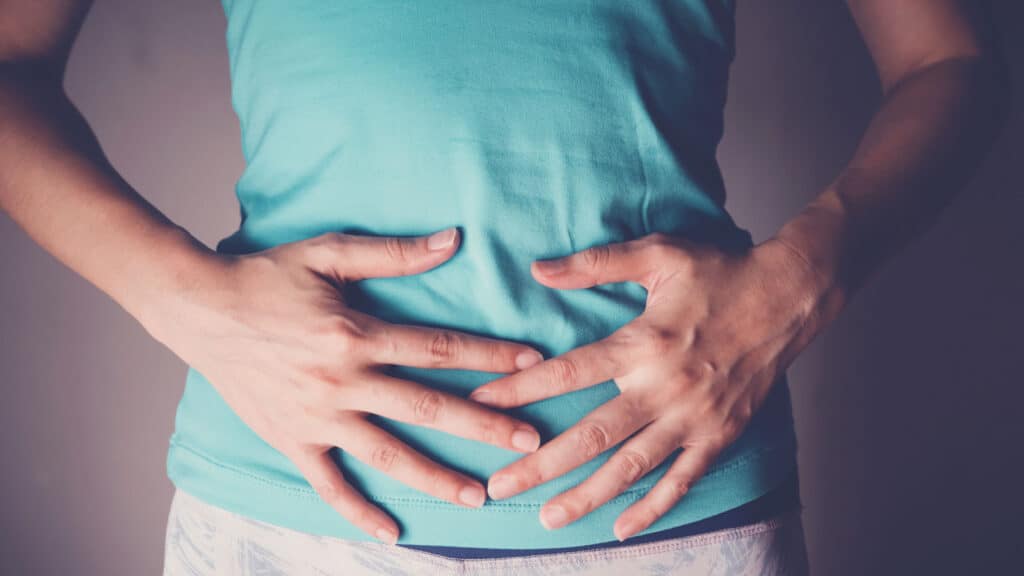
We have an entire website dedicated to managing gut health issues over on FODMAP Everyday®
You can also read some articles here:





